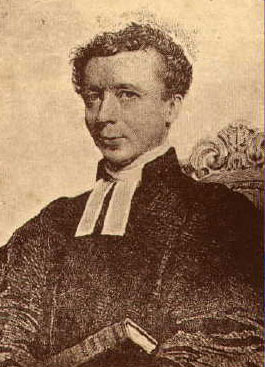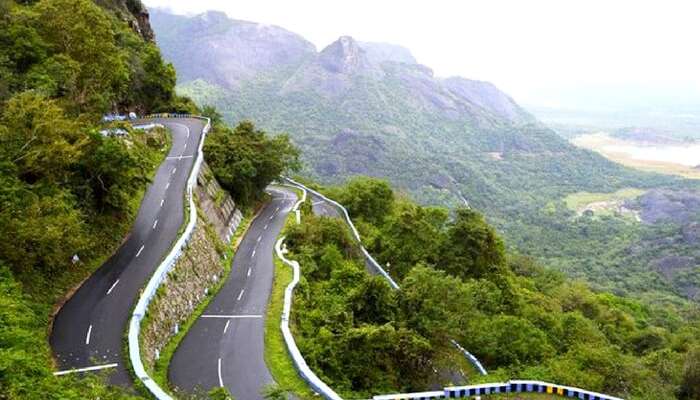When a British Geologist became "The Father of Indian Prehistory"- Robert Foote
In the year 1858, a 24-year-old Robert Bruce Foote was brought in as a replacement for Henry Geoghegan, an employee of Geological Survey of India (who died of a sunstroke while surveying Trichy), to dig up gemstones for their treasures. But seldom did he know about the legacy he would leave...





Robert was born on 22 September 1834 in England and worked in geological surveying and delivered geology lectures in College of Engineering Guindy, Madras. It was in Madras he met his mentor and friend, Rev. Peter Percival.

Peter, a social reformer priest, missionary-turned-educator who worked with Arumuka Navalar for the translation of Bible then turned completely to linguistics and literature, initially creating friction with other Wesleyian missionaries. In 1862, Robert married Peter's daughter, Elizabeth Anne.
In 1863, the year after his archaeological survey began, Robert struck a goldmine (figuratively) - he discovered the "first conclusive Paleoloithic stone tool in India", a hand axe at Pallavaram, Madras (which was sent to London and dated). He, along with William King, went on to then find out more such tools and even settlements in Southern and Western India.
His findings affirmed Darwin and refuted the claims of relligious scholars by empirically showing older tools and the course of evolution. This led to Robert's boss Thomas Oldham, the Geological Surveyor of India, make no public announcements so that back at home, no furore ensured.
He eventually became director of GSI served Baroda. He also, notably, surveyed Mysore gold mines, ending up with Kolar Gold Fields ( so yeah, thank him for Rocky Bhai ).
Robert had traversed over 50,000 km on horseback all over South India to find Paleoloithic implements (Gudiyam Caves pictured above). His findings were validated recently too, as in 2011, a team revisited Attirampakkam site to find artefacts of over 1.5 million years old. Within 40 years he had located around 460 prehistoric sites. In 1906 he sold off his collection of about 4000 artefacts to Madras Government Museum. He died on December 29th, 1912 and was cremated in Calcutta, his ashes rest at Holy Trinity Church, Yercaud beside his mentor and friend, Peter Percival.

This man's epitaph reads, "I have fought a good fight, I have finished my course, I have kept the faith". Sure he did...
SSV
Comments
Post a Comment